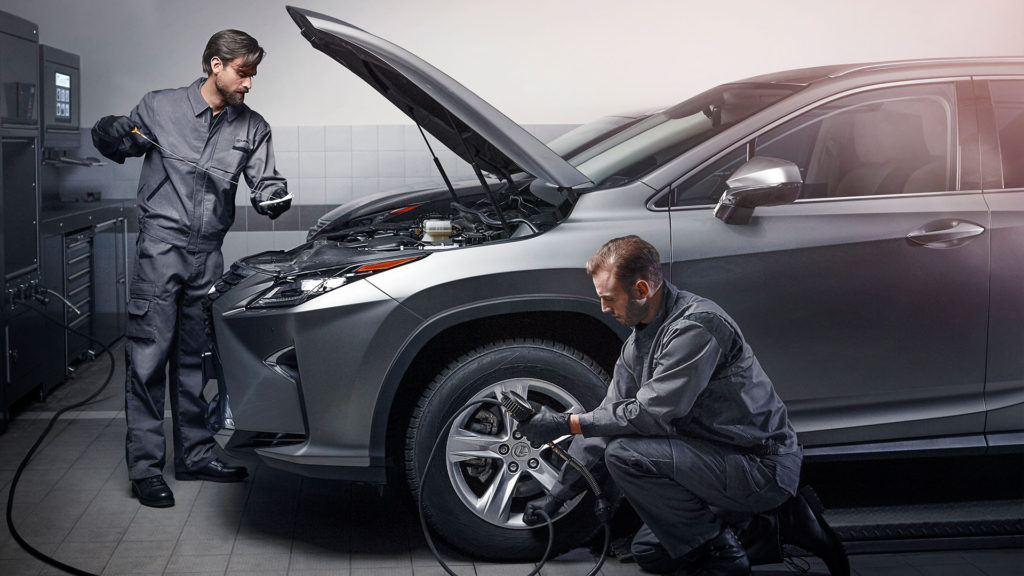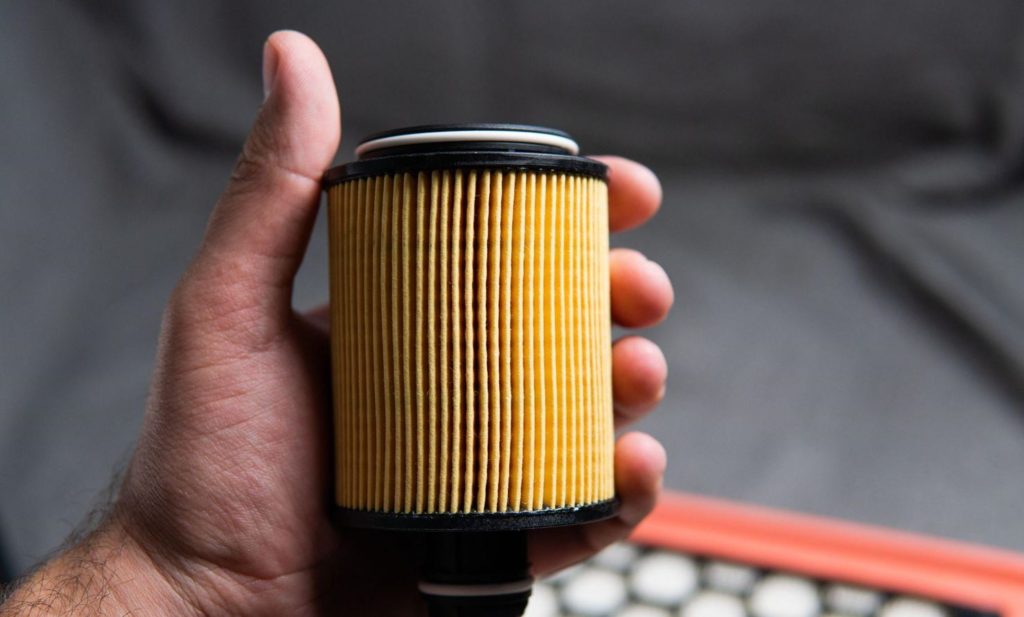Diesel trucks are famed for their dependability and longevity, particularly when transporting heavy loads. That’s what made them known as work trucks.
Diesel trucks, in fact, live twice as long as gas trucks and will help you save thousands of dollars over the next decades.
However, this does not imply that diesel engines are self-sustaining. For them to live up to their full potential, they need constant care and attention. Postponing crucial repairs and neglecting vital problems can result in costly fixes and costly rebuilds.
There is no need to wait until the check engine light comes on. Employ these maintenance tips to ensure the longevity of your truck.
Change the Oil Regularly

The most often task on your to-list is that the oil needs to be changed every 5000-7000 miles. That’s a pretty wide range, so go by what your owner’s manual says, as maintenance needs vary from engine to engine.
This is true with many suggested maintenance intervals in this guide; it depends on how much you drive and how much weight you carry.
Frequent stopping and starting and heavy hauling will consume your fluids in a hurry.
The oil in your car engine lubricates other parts and components. However, it will become dirty, and with time, it will stop working as a lubricant.
Replace the oil by draining the existing oil and adding fresh oil. Check your oil levels frequently and add more as required.
Check Your Glow Plugs
The ignition mechanism which is used by gas-powered trucks is electric spark plugs for the combustion process, whereas diesel engines use excessive temperatures to burn air and fuel into mechanical power.
They utilize electric glow plugs instead of spark plugs to warm up the incoming air and fuel. Simple devices play a vital role in engine performance.
In this case, the power will be down or the engine will be required to consume more fuel than usual just to produce the same amount of energy. New glow plugs will serve during around 100,000 miles, but they will work doubled in cold weather.
Inspect Gaskets and Seals

The fluids in your diesel engine are exposed to high pressure for generating heat and sustaining the right flow.
Pressure is due to compression. The pressure has to compress both the air and the fuel before they get into the combustion chamber; however, the excess pressure can hurt the lines, gaskets, and seals in the engine.
These small, yet important parts help in keeping these fluids in the engine rather than leaking into the crankcase, that may result in smoke coming out of the hood. Examine and change fuel lines, gaskets, and seals as necessary.
If one is falling, the rest would not be far behind, hence it is mostly advisable to replace them all at once.
Diesel engines are mostly turbocharged. The turbo pushes more compressed air into the combustion chamber to create extra power. The turbo unit itself is built to match the life of the vehicle, but extra wearing off can cause it to die.
Give particular attention to the different parts of the turbo. Swap your turbo hoses and gaskets to sustain the right PSI.
Watch Your Coolant Levels
Overheating will cripple many parts of the engine. The coolant prevents the engine’s fluids from heating up. It is a vital element of the exhaust gas recirculation (EGR) system that stops NOx from being released into the atmosphere.
Your system coolant will become more acidic as it gets older and thus loses it efficacy. Remember to change it every 30,000 miles or after two years, but whichever comes first.
Replace Filters as Needed

Within your diesel engine, there are a number of filters that are designed to eliminate particulates and other poisons that could cause blockages and damage to the engine. These filters include: the air filter, two fuel filters, and the oil filter.
The air filter ensures that the air flowing through your engine is clean. This helps in keeping the turbo clean, and prevents clogging too.
When the air filter is dirty, it can burn up the turbo actuator, which provides an electrical signal to power the turbo. Especially in hot weather and traffic laden areas, you would have to replace the air filter at least every 30,000 miles or sooner. Test your turbo actuators and replace them if required.
In this process, the fuel filter makes sure the fuel system remains clean, not allowing for the fuel injectors to get clogged. Ensure that this filter is changed every 10,000 to 15,000 miles to maintain the flow of the fuel.
Some of the parts cannot function well, or rather, they cannot be lubricated if the oil is not clean, and even after that, the oil filter should be replaced too.
You can change the oil filter every time you change the oil. On a minimum scale, you should change it every second oil change.
Have stock of most frequently replaced diesel truck parts at disposal for immediate rectification of problems. The earlier you fix the problem, the lower will be the impact on the other part of the engine.
Include these maintenance intervals in your schedule, and you will be able to monitor all your obligations.


